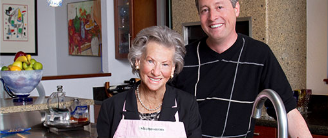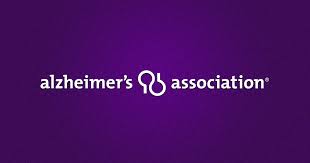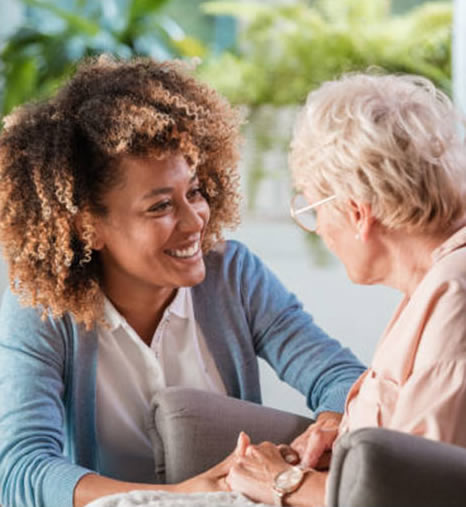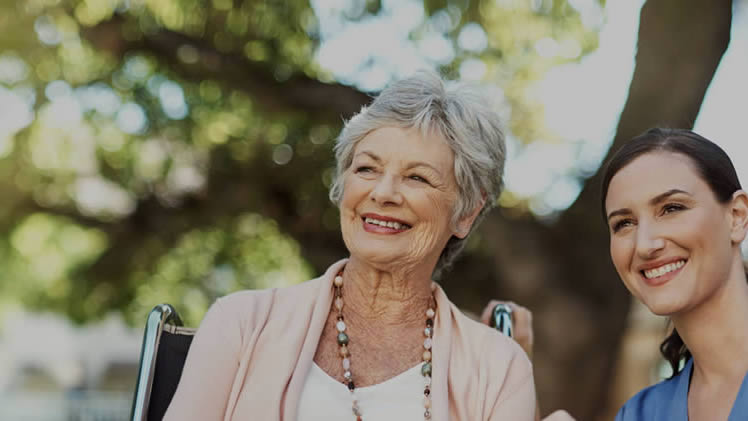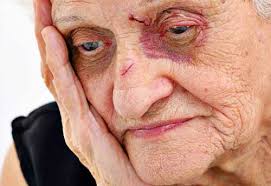| What You Should Know About Senior Abuse
There are, unfortunately, myriad ways that seniors can be abused. It’s often at the hands of a trusted friend or family member, or even a professional or family caregiver. I will be exploring all 7 types of abuse over several blogs, the first of which appeared here:
https://familyinhomecaregiving.com/monterey-ca-family-inhome-caregiver-blog-elder-abuse-series-article-6-0-financial-elder-abuse/
The 7 types of elder abuse are: Financial, Physical Abuse, Sexual abuse, Emotional or Psychological Abuse, Neglect, Abandonment, and Self-neglect. In this second blog on Abuse we will discuss physical abuse.
What Is Physical Elder Abuse?
Physical elder abuse is any form of violence or harm that leaves an older person significantly injured. These injuries may require months of recovery or even contribute to an elder’s death.
Physical abuse against the elderly may be perpetrated by family members, friends, nursing home staff members, or other residents. This form of elder abuse may happen regularly or just once. Sadly, since older people’s bodies are weaker, even a single instance of abuse can lead to long-term health problems or even death.
Did You Know?
Physical elder abuse can be hard to recognize, but telltale signs include strange injuries or negative behavioral changes in an older person.
To prevent physical abuse, trusted family members should keep a close watch on their elderly loved ones who receive care from others. Any possible signs of physical abuse should be reported to local authorities.
Quick Facts About Physical Elder Abuse
- 9.3% of nursing home staff members admitted to physically abusing elderly residents, according to a 2017 study analyzed by the World Health Organization (WHO).
- According to the U.S. Department of Justice (DOJ), only 1 in 20 cases of physical elder abuse is reported to authorities.
- In a Connecticut study on aging, researchers found that just 9% of seniors who were physically abused or neglected were still alive after 13 years, compared to 40% of those who weren’t abused.
- The Office of Women’s Health (OWH) claims that physical elder abuse is more likely to come from spouses or romantic partners.
Types of Physical Elder Abuse
Any type of intentional harm that comes to an elder from another person may be considered physical abuse.
Types of physical elder abuse may include:
- Bruising
- Hitting
- Kicking
- Punching
- Pushing/shoving
- Restraining
- Scratching
- Slapping
What Causes Physical Elder Abuse?
There is not one overarching cause of physical elder abuse. According to the Centers for Disease Control and Prevention (CDC). A couple of different factors may cause caregivers to abuse the elderly.
Caregivers may be more likely to commit abuse if they:Â
- Abuse drugs or alcohol
- Live with the caregiver
- Have a criminal history
- Have a mental illness
- Rely on the caregiver for money or emotional support
- Were exposed to abuse as a child
Physical abuse may be the culmination of years of stress placed on the caregiver, especially if it is a family member. Or, in the case of nursing home abuse, overworked staff members may feel the need to take out their stress on residents.
That being said, there is never an excuse for elder abuse. Elderly people deserve to live out the end of their lives with the best care possible.
Risk Factors for Physical Elder Abuse
While any older person under the care of another may be abused, some elders may run a greater risk than others.
Common risk factors for physical abuse include:
Mental or Physical Illnesses: The Alzheimer’s Association notes that people with mental impairments are at a higher risk of abuse. These seniors often require extra attention or more intensive care, which can frustrate their caregivers.
Isolation:Â Seniors who live in remote areas or far away from their relatives may be abused by a caregiver. Abuse may also cause seniors to become withdrawn and to limit their social activities, preventing others from noticing warning signs of abuse.
Disabilities:Â According to the National Council on Aging (NCOA), adults with disabilities suffer from interpersonal violence at higher rates than those who are not disabled.
Many of these factors are directly out of an older person’s control. Yet, abusers may blame the senior for the abuse, adding insult to injury.
Signs of Physical Elder Abuse
To spot physical elder abuse, the first place to look is often the senior’s body.
Physical signs of elder abuse include:
- Burns from appliances or cigarettes
- Bruises, especially around the arm
- Broken bones
- Dislocated joints
- Hair or tooth loss
- Sprains
It is important to keep a lookout for emotional changes, too. While the physical effects of elder abuse directly harm the body, nursing home residents can also become emotionally traumatized from abuse.
Emotional signs of physical abuse include:Â
- Failure to explain how an elder was injured (such as hesitation or changing stories)
- Strained relationships between caregiver and elder
- Withdrawal from social activities they normally enjoy
Finally, take note of the senior’s wounds over time and if they heal properly. If their wounds do not heal properly — or new wounds continue to appear — they may be suffering from abuse.
Health care signs of physical abuse include:
- A delay in receiving medical care for an injury the elder receives
- A past history of hospitalizations, often for similar injuries
- Trips to various emergency rooms to avoid detection of abuse
Any of these signs could indicate that an elder has been abused — and that they still could be in danger.
Treating Physical Elder Abuse
Elderly loved ones who have been physically abused should be taken to a doctor or emergency room as soon as possible. Older people typically have frailer skin and bones, and without prompt treatment, a simple injury could have life-threatening complications.
Further, family members should also make sure that their loved one is in a safe environment after they receive treatment. Do not take them back to a place (such as a nursing home) where they could be abused again.
How to Prevent Physical Elder Abuse
There are steps that family members and seniors can take to prevent elder abuse. If possible, family members should visit their older loved ones frequently and take note of any of the warning signs listed above.
Family members should also look at the overall quality of the resident’s care. Is their home or nursing home in good shape? Do the elderly relative, other residents, and the staff seem happy? If not, the risk of abuse or neglect may be higher.
Elders without physical or mental impairments (such as dementia) may also be able to prevent abuse against themselves. They should stay in touch with family and friends to ensure they have visitors as often as possible. Seniors who believe they are being abused should reach out to someone who can help, such as a trusted relative or the police.
Reporting Physical Elder Abuse: Protect Your Loved One
It is always best to report elder abuse even if you are not sure that it has occurred. It is better to speak up than to have your loved one suffer.
Responsible family members are the first line of defense when it comes to health care. For example, elders suffering from Alzheimer’s disease or dementia may not be able to self-report incidences of abuse.
Did You Know
Even seniors who can speak for themselves may choose not to out of fear of retaliation. Therefore, it is important for family members to report elder abuse on behalf of their loved ones.
Sadly, elder abuse still goes unreported today, meaning many seniors suffer without any reparation.
If you believe your loved one has suffered from physical elder abuse, in addition to reporting it to authorities you may want to se an attorney. You may be able to receive financial compensation for your loved one’s injuries.
Take Care and Stay Healthy
Richard |


